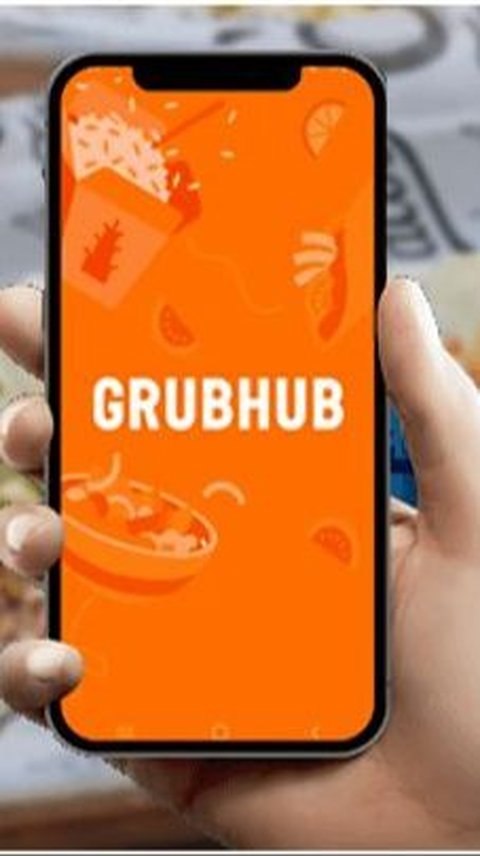
These movies about loneliness offer poignant portrayals of loneliness in various forms.
Read More
Coming back with the latest single, Kisum has amazed many people with her new appearance.
Read More
Let's explore these best cities to live in the USA and find your perfect place to call home!
Read More
The rapper shows his interest to buy one of the most popular platform via thread on X.
Read More
These quotes will help you navigate life's journey.
Read More
In fact, this announcement can be seen in users flipside accounts.
Read More
These Christian birthday wishes are more than words—they are heartfelt prayers for God's blessings upon your friend on their special day.
Read More
Apple will include original calculator app in the upcoming iPad product.
Read More
A woman in South Korea lost more than $50,000 to a scam.
Read More
Let’s explore this world of stupid quotes and laugh. Maybe there is hidden wisdom to teach us.
Read More
The couple is now encouraging others to do the same thing as them.
Read More
Feminists fight for a world with equal rights, opportunities, and respect.
Read More
These hottest and most attractive female pool players prove that beauty and skill can coexist globally.
Read More
She loves to look glamorous and is famous for her beauty.
Read More
People close to Zendaya and Tom Holland say that marriage is a topic of conversation for them.
Read More
Thursdays offer a perfect opportunity to pause and reflect on the blessings surrounding us.
Read More
Doctors believe that she may have borderline personality disorde.
Read More
FinanceBuzz announced that it is celebrating the upcoming Star Wars Day.
Read More
An extremely rare blind vole has been spotted and photographed in the Australian outback.
Read More
Are you a dog lover or just looking for some good laughs? Here are some paw-some dog jokes that will brighten your day.
Read More
Anne Hathaway opens up about the "disgusting" chemistry test she went through before starring in romantic movies in the 2000s.
Read More
Whether you believe in ghosts or not, these haunted places in Cardiff, Wales, have an eerie atmosphere and feel of the past.
Read More
Quotes about fall evoke the feeling of wearing cozy sweaters and seeing colorful leaves.
Read More
Here are some of the hottest and most talented female racing drivers that charmed fans both on and off the circuit.
Read More
Matty Healy responded to his ex-Taylor Swift's new album, The Tortured Poets Department.
Read More